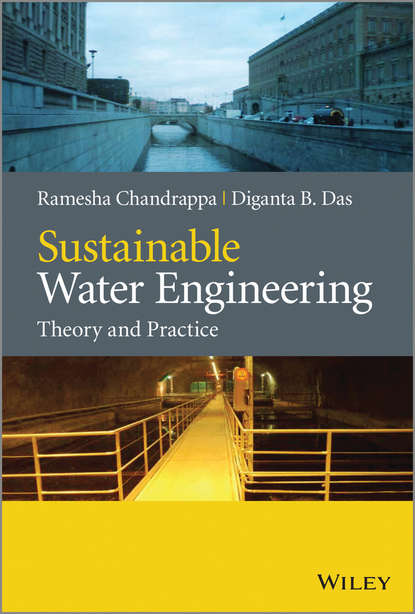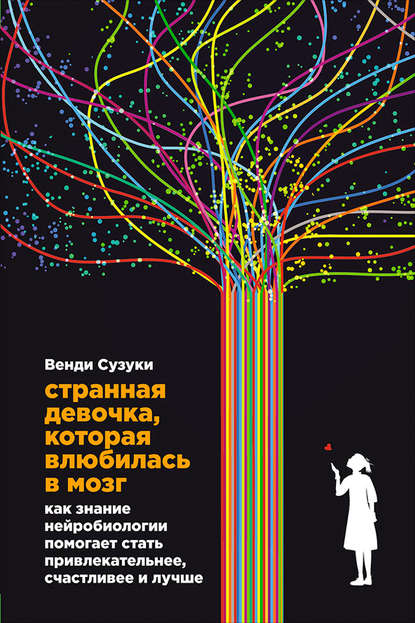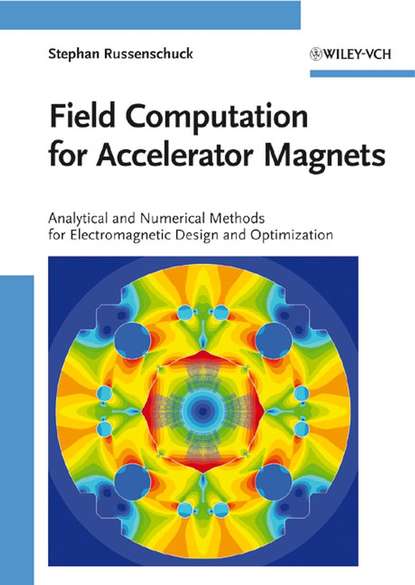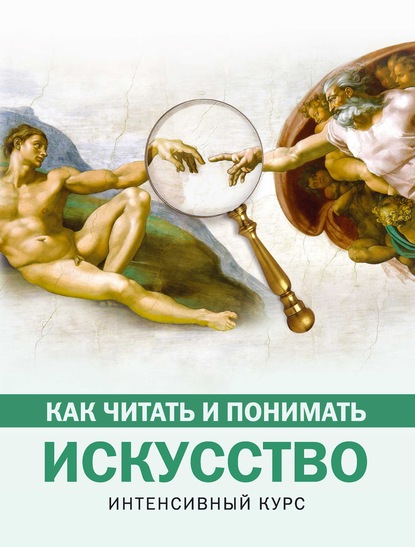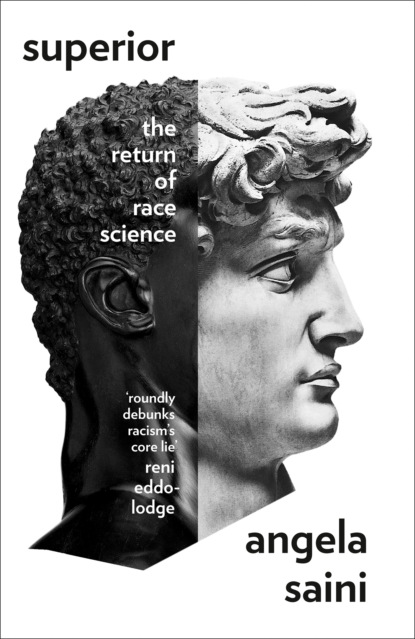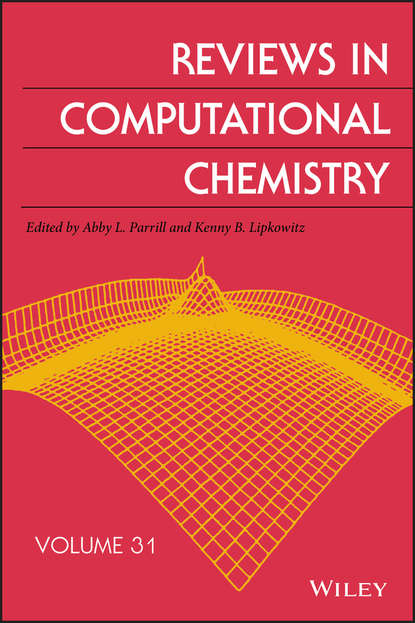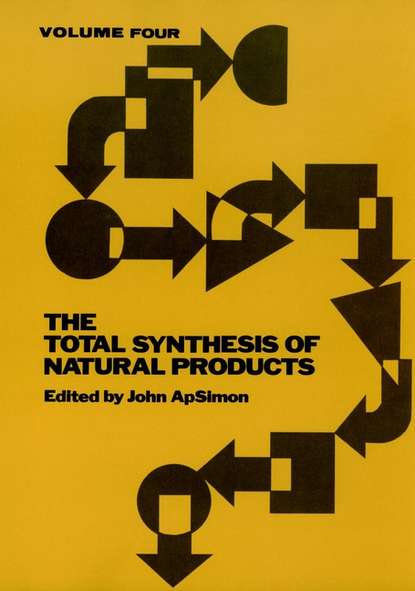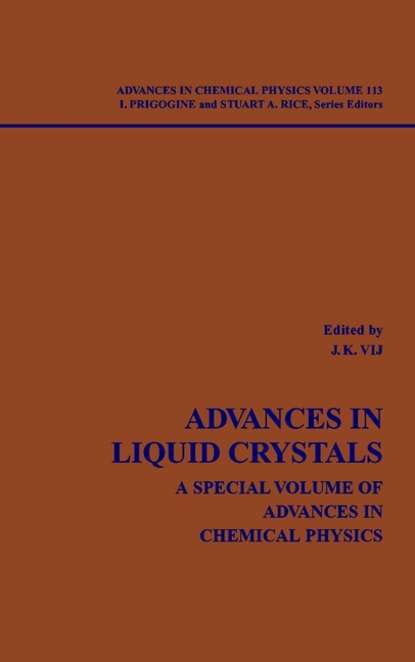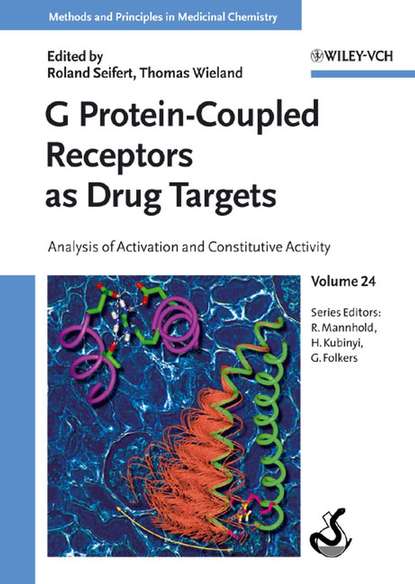Книга "Sustainable Water Engineering. Theory and Practice" посвящена одному из главных инженерных вызовов нашего времени - обеспечению безопасного и достаточного количества питьевой воды для населения, а также разработке устойчивых процессов очистки сточных вод. Однако для достижения устойчивости требуется вложение денег, времени и знаний. Некоторые регионы уже работают над решением этой проблемы, но многие страны не имеют ни политической воли, ни ресурсов, чтобы решать даже базовые вопросы по обеспечению питьевой водой и санитарии.
Книга объединяет теорию и практику из развивающихся и развитых стран, применяя высокие и низкие технологии, высокие и низкие затраты. Она обсуждает фундаментальные и продвинутые аспекты водной инженерии, включая вопросы водных ресурсов, изменения климата, экономические и финансовые аспекты, требования к устойчивым системам водоснабжения, основы проектирования и обработки процессов, промышленное использование воды и очистку сточных вод, устойчивую утилизацию сточных вод, принципы устойчивого строительства.
Книга предоставляет интегрированную теорию, проектирование и спецификации для каждого процесса очистки, рассматривая, насколько эти методы работают в теории и насколько они эффективны с точки зрения затрат в практике. Она также предоставляет неспециалистам руководство по восстановлению и повторному использованию воды из сточных вод, что подходит для тех, кто занимается управлением водными ресурсами, экологическим планированием, гражданским и химическим инжинирингом.
Ensuring safe and adequate supplies of drinkable water for present and future generations, as well as developing sustainable systems to treat sewage are some of engineering challenges facing the world. Yet, sustainability demands investment of time, money and knowledge, and not every nation has either the political will or the funds to tackle these essential levels of services. This book integrates theory, practice and international best practices, featuring high-tech and low-technology solutions of varying costs and effectiveness. It examines water source issues, such as climate change and water stress, explores economic and financial facets, and explains principles and fundamental aspects of sustainable water management. As seen confirm in the field of practice, this new textbook focuses on sustainable water treatment techniques, covering industrial water use, effluent treatment and waste management norms. Readers benefit from an integrated vision of theory to operation, with design guidelines to ensure practicability and cost effectiveness of different methods. The resulting understanding also translates to those managing water resources and undertaking environmental planning and civil and chemical studies.
Электронная Книга «Sustainable Water Engineering. Theory and Practice» написана автором Chandrappa Ramesha в году.
Минимальный возраст читателя: 0
Язык: Английский
ISBN: 9781118541012
Описание книги от Chandrappa Ramesha
Ensuring safe and plentiful supplies of potable water (both now and for future generations) and developing sustainable treatment processes for wastewater are among the world’s greatest engineering challenges. However, sustainability requires investment of money, time and knowledge. Some parts of the world are already working towards this goal but many nations have neither the political will nor the resources to tackle even basic provision and sanitation. Combining theory and practice from the developing and developed worlds with high- and low-tech, high- and low-cost solutions, this book discusses fundamental and advanced aspects of water engineering and includes: water resource issues including climate change, water scarcity, economic and financial aspects requirements for sustainable water systems fundamentals of treatment and process design industrial water use and wastewater treatment sustainable effluent disposal sustainable construction principles With integrated theory, design and operation specifications for each treatment process, this book addresses the extent to which various treatment methods work in theory as well as how cost effective they are in practice. It provides a nontechnical guide on how to recover and reuse water from effluent, which is suitable for those in water resource management, environmental planning, civil and chemical engineering.
